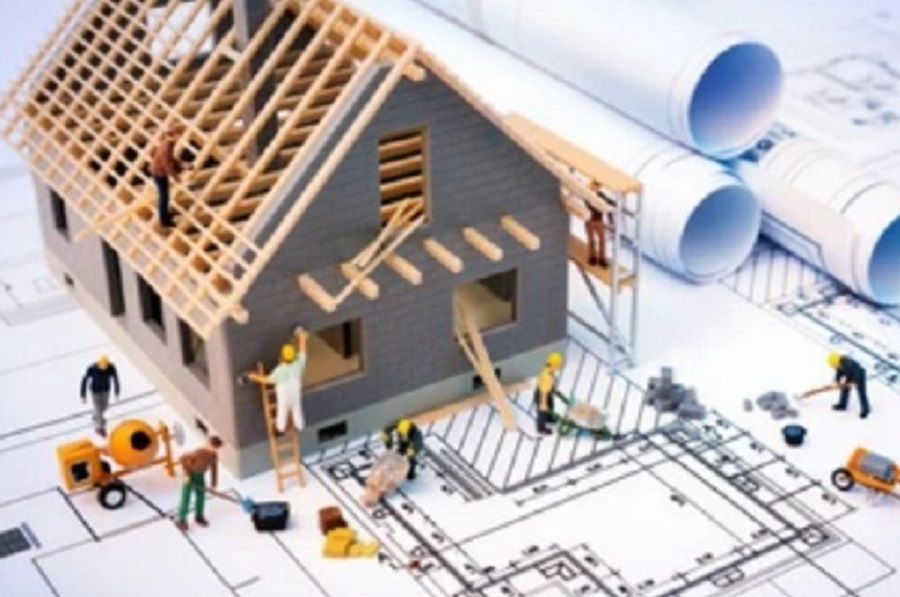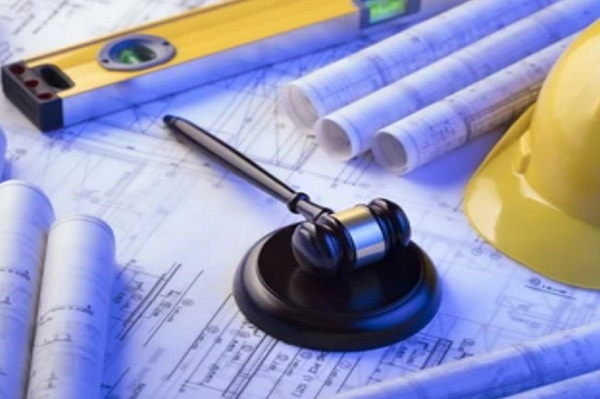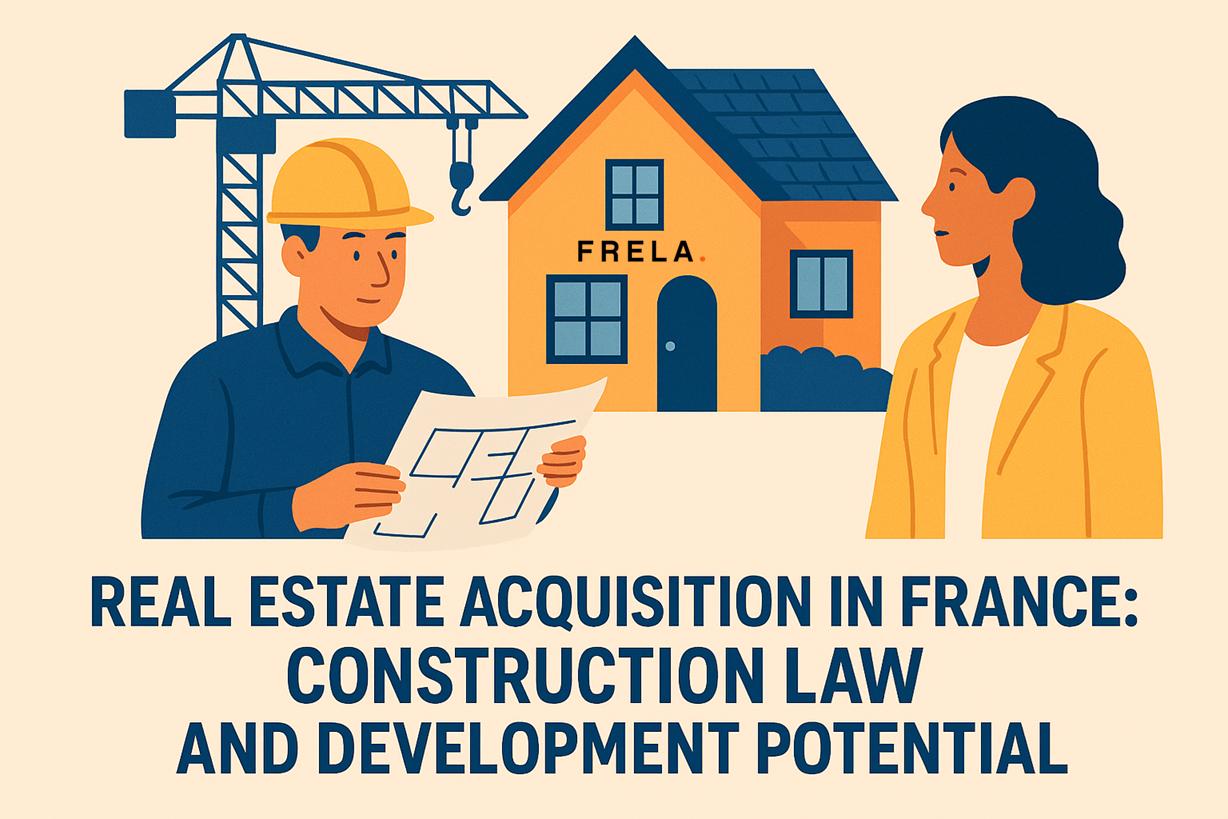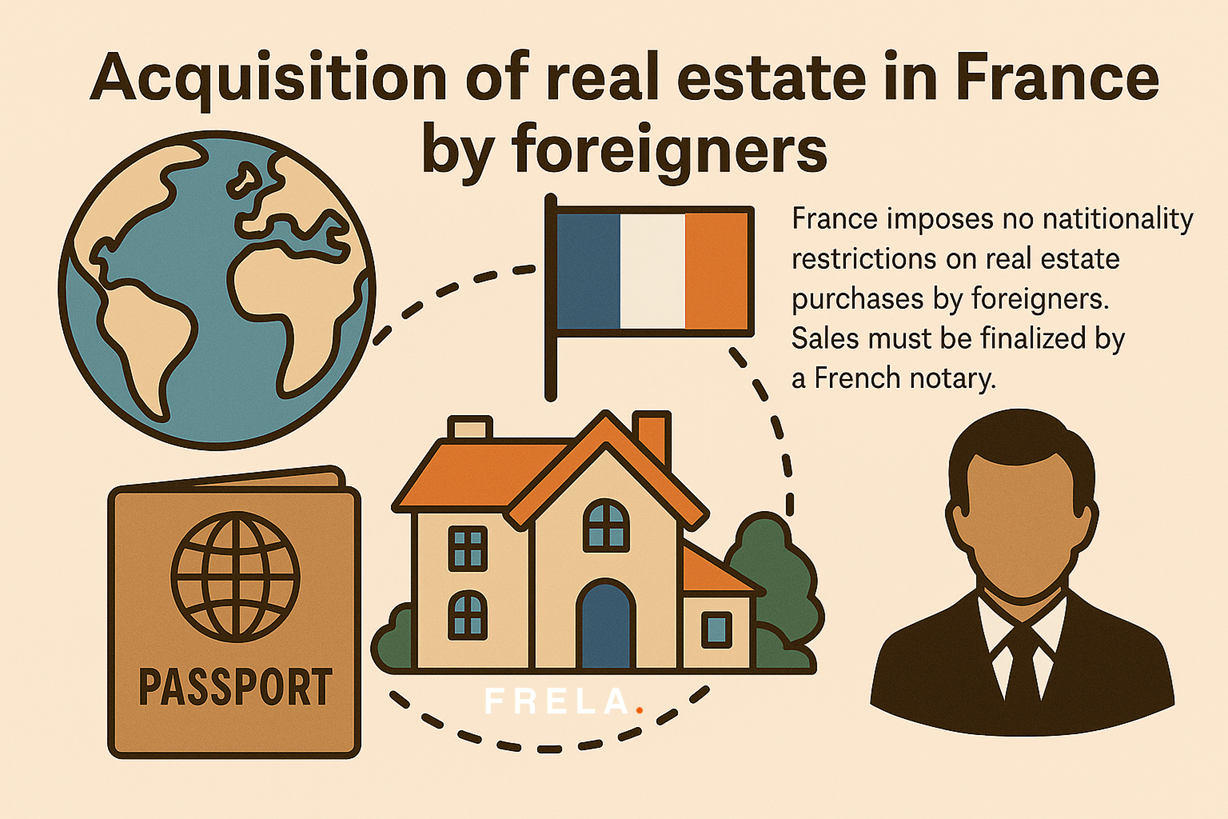Environmental regulatory constraints in France
Real estate law is a complex field that covers many aspects of real property ownership, leasing, and sales. With the increase of environmental concerns, environmental regulations have also taken a significant place in real estate law. Environmental standards in real estate law aim to protect the environment and human health by regulating environmental practices of property owners and occupants.


Environmental standards in real estate law
Environmental standards in real estate law aim to protect the environment and human health by regulating environmental practices of property owners and occupants. These standards include regulations on air quality, water quality, waste treatment, greenhouse gas emissions, and noise pollution. Environmental standards also have an impact on the sale and rental of real estate. Sellers and landlords must provide information on the environmental compliance of their real estate properties. Buyers and tenants can request guarantees on the environmental compliance of the real estate properties they purchase or rent.
Since the Grenelle de l’environnement, the sale or rental of a real estate property involves the provision of a Diagnostic de Performance Énergétique (DPE) by the developer, seller, or landlord. This report provides an estimate of the energy consumption and annual greenhouse gas emission rate of the building, allowing an assessment of its energy performance.
Environmental certification of real estate properties
Environmental certifications can be used to promote the environmental performance of buildings and to help property owners and buyers or tenants identify the most environmentally friendly buildings. Environmental certifications can also be used to encourage property owners and tenants to adopt more sustainable environmental practices.
To comply with environmental regulations in real estate law, several certifications are necessary. Environmental certifications allow property owners and occupants to demonstrate their commitment to sustainability and the environment. Here are some of the most common environmental certifications in real estate law:
LEED certification: LEED certification is an environmental certification standard developed by the US Green Building Council. This certification is widely used for new buildings and renovations. It assesses the environmental performance of buildings by focusing on several aspects, such as energy use, water use, indoor air quality, and waste management.
BREEAM certification: BREEAM certification is an American environmental certification standard. This certification is widely used in Europe. It assesses the environmental performance of buildings by focusing on several aspects, such as energy management, water management, indoor air quality, and waste management.
HQE certification: HQE (High Environmental Quality) certification is an environmental certification standard developed in France. This certification assesses the environmental performance of buildings by focusing on several aspects, such as energy management, water management, indoor air quality, and waste management.
ISO 14000 certification: ISO 14001 is a certification standard in the ISO 14000 family that deals with environmental management. Developed by the International Organization for Standardization, this reference framework describes the characteristics of an effective and ecological real estate management system. ISO 14001 certification is awarded for a period of 3 years and is accessible to all companies, regardless of their size, geographical location, and sector of activity. The criteria of the standard, divided into six categories, are verified by audits conducted by a certifying body. The categories include general requirements, environmental policy, planning, implementation of actions, controls and corrective actions, as well as management review.
ICPE classified installations
Installations classified for environmental protection (ICPE) can cause environmental damage such as water, air or soil pollution, as well as risks such as fires or explosions. For these reasons, ICPE are subject to specific regulations to minimize their impacts on the environment.
ICPE (Installations Classified for Environmental Protection) have the potential to cause environmental damage, such as water, air, or soil pollution, as well as risks such as fires or explosions. For these reasons, ICPE are subject to specific regulations to minimize their impacts on the environment.
To determine if a project is an ICPE, the ICPE nomenclature should be consulted (via the following link: https://aida.ineris.fr/thematiques/nomenclature-icpe). If the project is subject to an authorization regime (A), registration (E), declaration (D and DC), or simple declaration (D), it is an ICPE. This nomenclature also determines if installations are subject to major accident risks (high or low Seveso threshold) or the Industrial Emissions Directive (IED). The A, E, DC, and D regimes help identify the applicable procedures for obtaining the authorizations needed to operate the installations and the regulations to be complied with.
ICPE inspections are carried out by competent authorities to ensure compliance with regulations. Preparing a dossier for requesting authorization, registration, or declaration may require the assistance of a specialized consultancy. When submitting an environmental authorization or ICPE registration request, the dossier is examined by a state services agent instructor. For the administrative aspect of the instruction, the petitioner can contact environmental offices, also called “guichets,” which are generally located in Prefectures, Directional Departments of Territories or Departmental Units of DREAL (depending on the installation’s location).
Complying with environmental regulations allows property owners and occupants to reduce their environmental impact, improve occupants’ quality of life, and achieve significant financial savings. Therefore, it is essential to consider environmental performance.
About the Author :
Business lawyer, bilingual, specialized in acquisition law; Benoit Lafourcade is co-founder of Delcade lawyers & solicitors and founder of FRELA; registered as agents in personal and professional real estate transactions. Member of AAMTI (main association of French lawyers and agents).
FRELA : French Real Estate Lawyer Agency, specializing in acquisition law to secure real estate and business transactions in France.
Paris, 19 Rue du Colisee, 75008 Paris
Bordeaux, 78 Cours de Verdun, 33000 Bordeaux
Lille, 40 Theater Square, 59800 Lille





